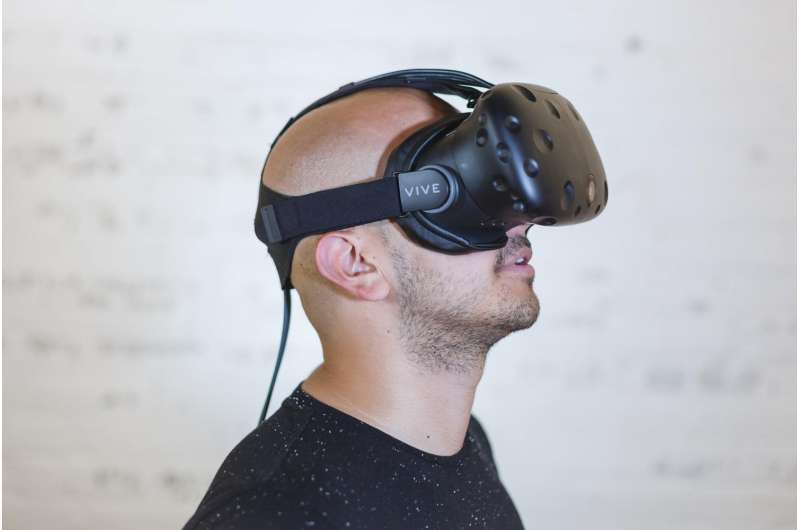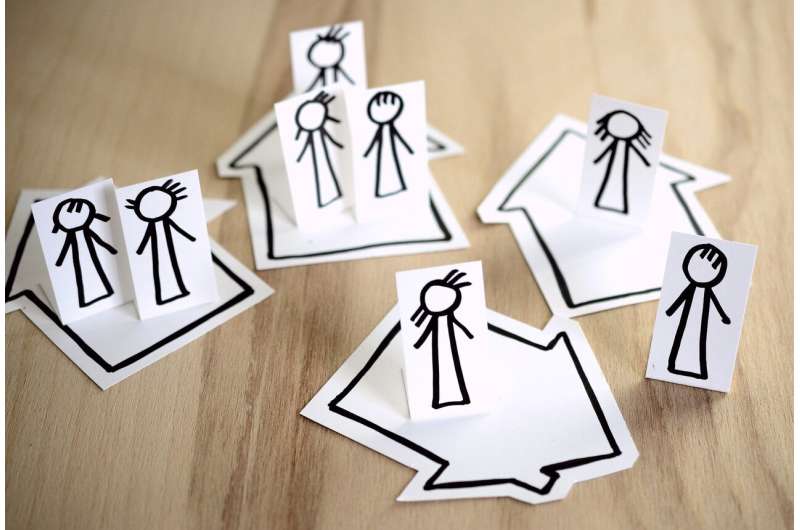Understanding Multitasking: A Blend of General and Specific Skills Revealed by New Research

Recent research from the University of Surrey reveals that multitasking is a blend of broad skills and specific abilities. Understanding this can improve training and help clarify gender differences in multitasking performance.
Multitasking is a common part of daily life, from checking emails while on a call to juggling multiple responsibilities in the kitchen. However, recent research indicates that multitasking is not a singular skill but a combination of broad, general abilities and specialized, situation-specific skills. This nuanced understanding helps clarify why past studies have reported conflicting gender differences—it appears these differences depend on the type of multitasking assessed.
Led by the University of Surrey and published in the Journal of Experimental Psychology: Human Perception and Performance, the study involved 224 university students who completed nine different multitasking challenges. These tasks were categorized into three main types: concurrent multitasking, such as talking on the phone while driving; task switching, like responding to emails amidst notifications; and complex multitasking, such as managing a busy kitchen where prioritizing and flexible planning are essential.
Analysis revealed that performance across these tasks could not be explained by a single multitasking ability. Instead, task-switching was primarily governed by a general multitasking skill applicable across various scenarios. Conversely, both concurrent and complex multitasking involved this general skill along with specific abilities unique to each task type, such as working memory capacity required for complex multitasking.
This differentiation provides insight into the mixed results of previous studies, some suggesting women excel at multitasking, often based on task-switching tests, while others highlight men’s superiority, usually assessed through concurrent multitasking. The findings suggest that these gender differences are more about the specific multitasking skills measured rather than inherent, universal gender traits.
Dr. Alan Wong from the University of Surrey emphasizes that multitasking should not be viewed as a one-dimensional skill. To effectively improve it, training must encompass both broad skills that transfer across tasks and targeted skills for particular multitasking scenarios. Similarly, Dr. Yetta Kwailing Wong states that development programs should incorporate diverse challenges to enhance both general and specific multitasking abilities.
This research highlights the complexity of multitasking and provides a pathway for more tailored approaches to improving these skills, which are vital in an increasingly multitasking world.
Stay Updated with Mia's Feed
Get the latest health & wellness insights delivered straight to your inbox.
Related Articles
Digital Mental Health Interventions Reduce Depression and Anxiety in Displaced Children
A recent study shows that brief, digital mental health interventions can effectively reduce symptoms of depression and anxiety in refugee youth, offering a scalable solution to support displaced children worldwide.
Virtual Reality as a Tool to Enhance Veterans' Mental Health
Research from the University of Texas at Arlington demonstrates how virtual reality can help manage stress and improve suicide prevention efforts among veterans, especially in rural communities.
Half of Australian Women Experience Poor Mental Health in 2025, Report Finds
A new report reveals that over 50% of Australian women are experiencing mental health issues like depression and anxiety in 2025, urging urgent gender-sensitive reforms.



